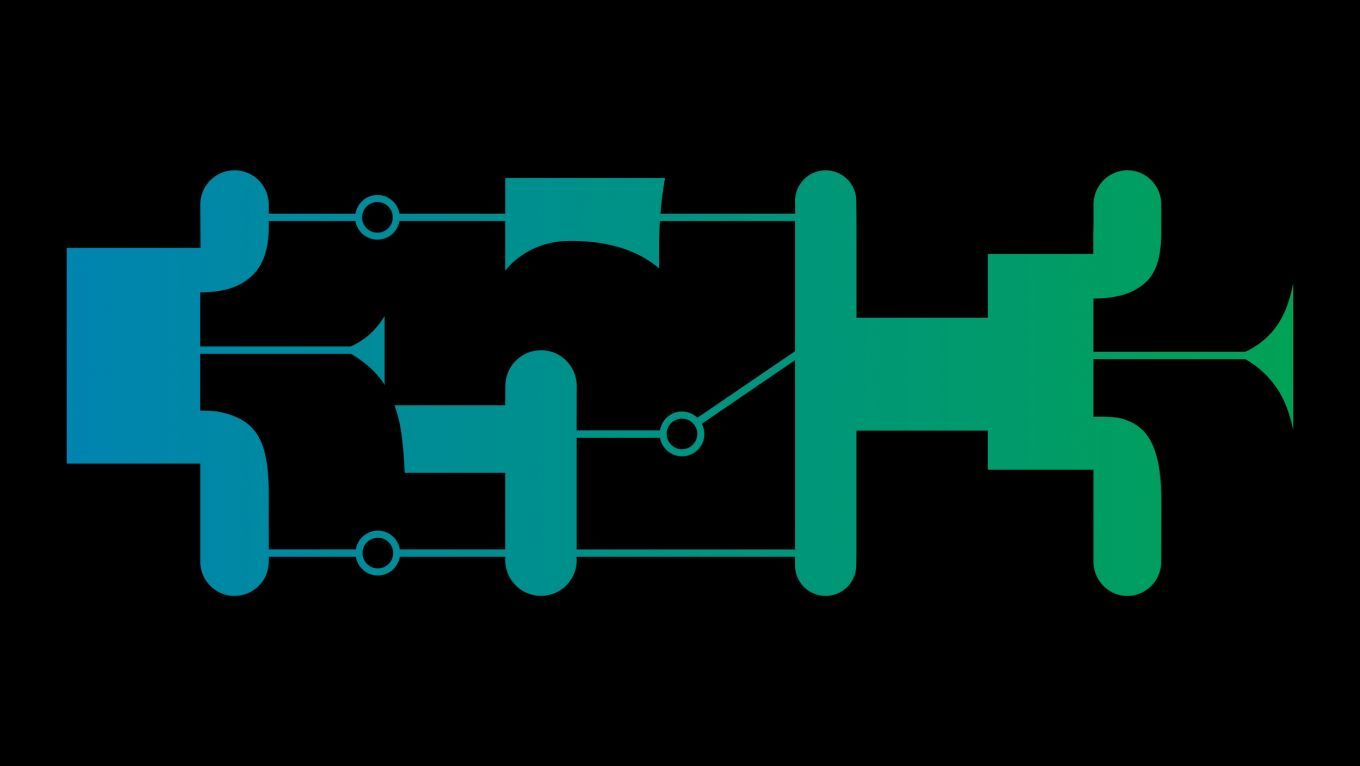Resilience
Wind: Off-Grid Services for Everyday People
Integrating nearby and offline connectivity with the Internet
The internet has become essential services, and offline methods of sharing data are rapidly disappearing. Other possible networks are often better suited when connectivity is not available or affordable. Radios, sensors, and computing are available in the cheapest of smartphones and routers. Wind is integrating nearby/offline data exchange with the internet services that we all rely on.
We rely on the internet for so many things, from personal relationships to essential services. As the internet has gotten stronger, the asynchronous and offline methods of sharing data are rapidly disappearing. There has not been enough investment in the many other possible nets, even though they are often better suited for situations where connectivity is not available or affordable. The potential in radios, sensors and processing available in the cheapest of smartphones and routers are not fully utilized or realized.
Wind is a network designed for opportunistic communication and sharing of local knowledge. It is built on impermanence, movement, and spontaneity. Wind is a direct counterpoint to the metaphor of the Web, a system built upon the concept of fixed physical nodes, centralized authorities and permanent links. It is rooted in the mindsets and needs of people and communities who face challenges communicating. Wind is shaped by the movements and density of people in time and space.
The Wind project began with giving F-Droid the ability to "swap apps" using only Bluetooth and local Wi-Fi connections. We have enabled users with limited connectivity to gather and share media to archive.org via OpenArchive. Added "nearby" data exchange to share sensitive or blocked news via Proofmode and Courier. LibraryBoxen are integrated in as relay or source of data.
Guardian Project always works in partnership with the people and organizations whose needs we are aiming to address. Real world solutions do not exist in a bubble, so we always integrate with established free software projects, as well as develop design guidelines and document key concepts to spread all aspects of this research. This work was undertaken in partnership with Tibetans facing internet shutdowns, Cubans working with their own separate networks, Latin Americans facing expensive data plans, and people all over the world who experience outages and unreliable connectivity.
For Wind, our development approach is to incrementally improve upon existing efforts, while also focusing on developing the new integration glue necessary to provide a smooth, usable and practical to deploy experience. We are not inventing a new stack or protocol from scratch, or envisioning a utopian silo in which our systems solves all of the potential problems end-to-end. The issue that we see is that there are many potential components, protocols or software libraries that exist today, but that they have not been unified into a cohesive, usable experience that promotes easy deployment, bootstrapping and adoption.
This work just won fourth prize in the Mozilla "Wireless Innovation for a Networked Society" Off-the-Grid Internet Challenge, providing us funding to take the next step in the development.
Weitere Infos
| Format | lecture |
|---|---|
| Sprache | Englisch |
Weitere Sessions
| 27.12.18 |
Six years ago the idea behind CensoredPlanet started, that is now launched at censoredplanet.org. We had a simple (yet essential) guiding principle: measurements that may be politically sensitive should be done without volunteer participation. In this talk, besides a detailed scientific overview of the techniques and the current state of CensoredPlanet, I plan to talk about my experience in developing the project from the ground up. Despite the pervasive nature of Internet censorship and the ...
|
| 27.12.18 |
We rely on mainstream computer engineering every day, but it's insanely complex, poorly understood, unreliable, and, as CCC reminds us every year, chronically insecure. This talk will explain some ways that we can do better: taming parts of this this chaos with precise understanding - illustrated with disturbing facts and clean models for current architectures and the C language, from the <a href="https://www.cl.cam.ac.uk/~pes20/rems/">REMS</a> project, and principled but pragmatic new ...
|
| 27.12.18 |
In this talk @zelf invites to the world of Scuttlebutt, the decentralized P2P gossiping protocol, and how it can be transformative for society through decentralization of data and enabling local community development.
|
| 27.12.18 |
This Foundations talk explains the systems and protocols that make up the Internet, starting from a laptop with a Wi-Fi connection. No particular technical knowledge required.
|
| 28.12.18 |
A major part of software development is maintenance, i.e. tinkering with software that should already be completed but still somehow does not work as it should. Software developed by tinkering is the antithesis to resilient technology, and a growing threat to our profession and our lives. Working on this kind of software crushes the soul. Yet this is exactly how most IoT devices (and computers in general) are programmed these days. We need to replace the dead technology-oriented objects of the ...
|
| 28.12.18 |
Learn to see the world without your eyes. Wonder what it's like to navigate while blind? Want to learn to use your everyday senses in ways you don't know you don't know? In this talk, I hack <em>you</em> with permanently enhanced sensory perceptions. This is very participatory, not just "sit and listen", and workshops are even more hands-on (blindfolded w/ cane in hand). Workshop & volunteer signup: <a href="https://s.ai/ccc/ws">https://s.ai/ccc/ws</a> Tag plz: #BlindNavigation @saizai #35c3
|
| 28.12.18 |
Facebook monopoly is an issue, but looking for replacements it is not enough. We want to develop critical judgment on algorithms, on why data politics matter and educate, raise awareness for a broad audience. With <a href="https://facebook.tracking.exposed">our tool</a>, we enable an individual to collect evidence and see how Facebook's algorithm truly shares their data. Not data about themselves, but the bias of facebook treats data, re-shares certain content over other content. Collectively we ...
|

